Why are English courts sitting idle?
Criminal cases brought to trial have plunged to record lows despite rising crime

A free daily email with the biggest news stories of the day – and the best features from TheWeek.com
You are now subscribed
Your newsletter sign-up was successful
Around a third of crown courts in England and Wales are sitting idle as the number of criminal cases being brought to trial has plummeted despite rising crime and a growing backlog.
Overall, the number of criminal trials has dropped to a record low, with almost 67,000 fewer held in 2018 than in 2008. Official figures released last month also show prosecutions plummeting for all types of crime, to just 7.4% of the offences reported to police – a fall of 41,700 in a year.
According to The Daily Telegraph, the Ministry of Justice (MoJ) has cut the number of days on which it will fund judges to sit by more than 15% over the last year, resulting in between 25% and 40% of courts sitting empty on any one day “as police forces solve fewer cases and crown prosecutors bring fewer to trial”.
The Week
Escape your echo chamber. Get the facts behind the news, plus analysis from multiple perspectives.

Sign up for The Week's Free Newsletters
From our morning news briefing to a weekly Good News Newsletter, get the best of The Week delivered directly to your inbox.
From our morning news briefing to a weekly Good News Newsletter, get the best of The Week delivered directly to your inbox.
The figures are even more stark in London, where just five of the 18 courts at the Old Bailey, Britain’s principle murder court, sat on Thursday despite the record homicide rate in the capital.
The Telegraph says the “controversy is compounded by a decision by the MoJ not to pay for opening up the spare court capacity” to reduce a backlog of more than 30,000 crown court cases and 288,000 in the magistrates.
Attacked as a cost-saving measure and to avoid increasing overcrowding on an already strained prison system, this has resulted in a two-tier justice system where serious cases are fast-tracked while others take more than two years to come to trial.
The Guardian reports that “since 2010 more than half of all magistrates courts in England and Wales have stopped hearing cases, forcing defendants, witnesses, police, lawyers and justices of the peace to travel more than 50 miles in some cases to access local justice”.
A free daily email with the biggest news stories of the day – and the best features from TheWeek.com
FDA union national officer Steven Littlewood, who represents Crown Prosecution Service workers, told The Independent in November that the justice system “will break down” and allow crimes to go unpunished if the government does not provide hundreds of millions of pounds in investment.
It comes amid concerns Boris Johnson’s promise of tougher sentences and 20,000 extra police on the streets could have a knock-on effect that overwhelms the already under-funded justice system.
A report from parliament’s Public Accounts Committee has warned that “given the operational and financial pressure that court, prison and probation services are already under, it is far from certain the Ministry of Justice will have the capacity and capability to cope with a significant rise in demand”.
“The government has a track record of changing one element of a system without fully recognising the consequences for the rest of the system, or across other government departments,” it added.
–––––––––––––––––––––––––––––––For a round-up of the most important stories from around the world - and a concise, refreshing and balanced take on the week’s news agenda - try The Week magazine. Start your trial subscription today –––––––––––––––––––––––––––––––
-
 House votes to end Trump’s Canada tariffs
House votes to end Trump’s Canada tariffsSpeed Read Six Republicans joined with Democrats to repeal the president’s tariffs
-
 Bondi, Democrats clash over Epstein in hearing
Bondi, Democrats clash over Epstein in hearingSpeed Read Attorney General Pam Bondi ignored survivors of convicted sex offender Jeffrey Epstein and demanded that Democrats apologize to Trump
-
 Are Big Tech firms the new tobacco companies?
Are Big Tech firms the new tobacco companies?Today’s Big Question Trial will determine if Meta, YouTube designed addictive products
-
 Nottingham attacks: was justice served?
Nottingham attacks: was justice served?Talking Point Mother of victim says she was 'foolish to trust legal system' as killer Valdo Calocane is sent to high-security hospital
-
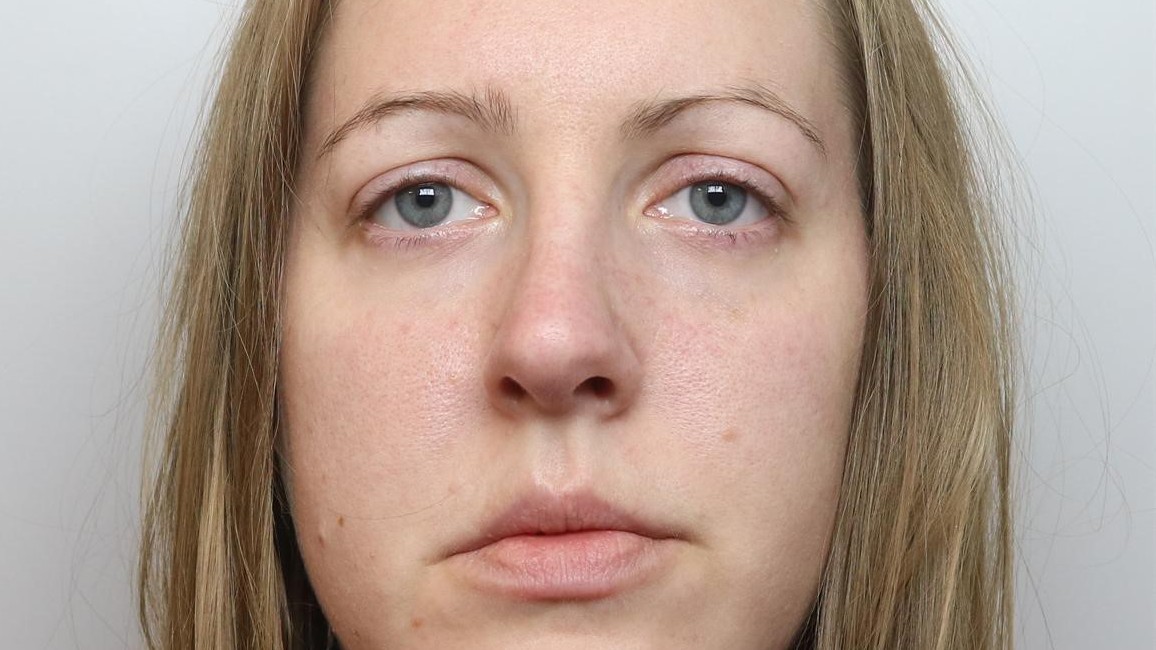 Lucy Letby to face retrial over attempt to murder baby girl
Lucy Letby to face retrial over attempt to murder baby girlSpeed Read UK’s most prolific child killer to face additional charge after lodging appeal against conviction
-
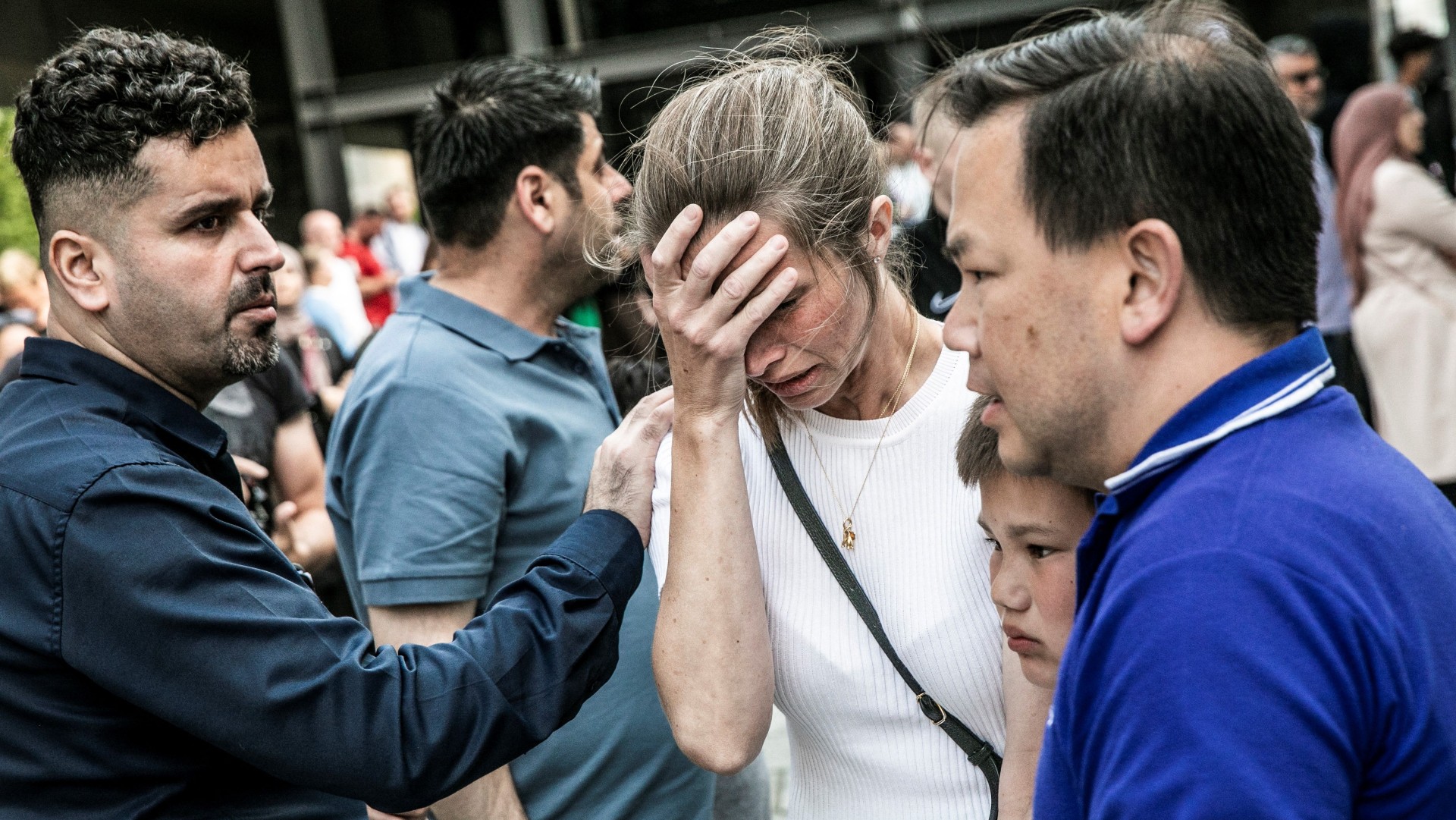 What we know about the Copenhagen mall shooting
What we know about the Copenhagen mall shootingSpeed Read Lone gunman had mental health issues and not thought to have terror motive, police say
-
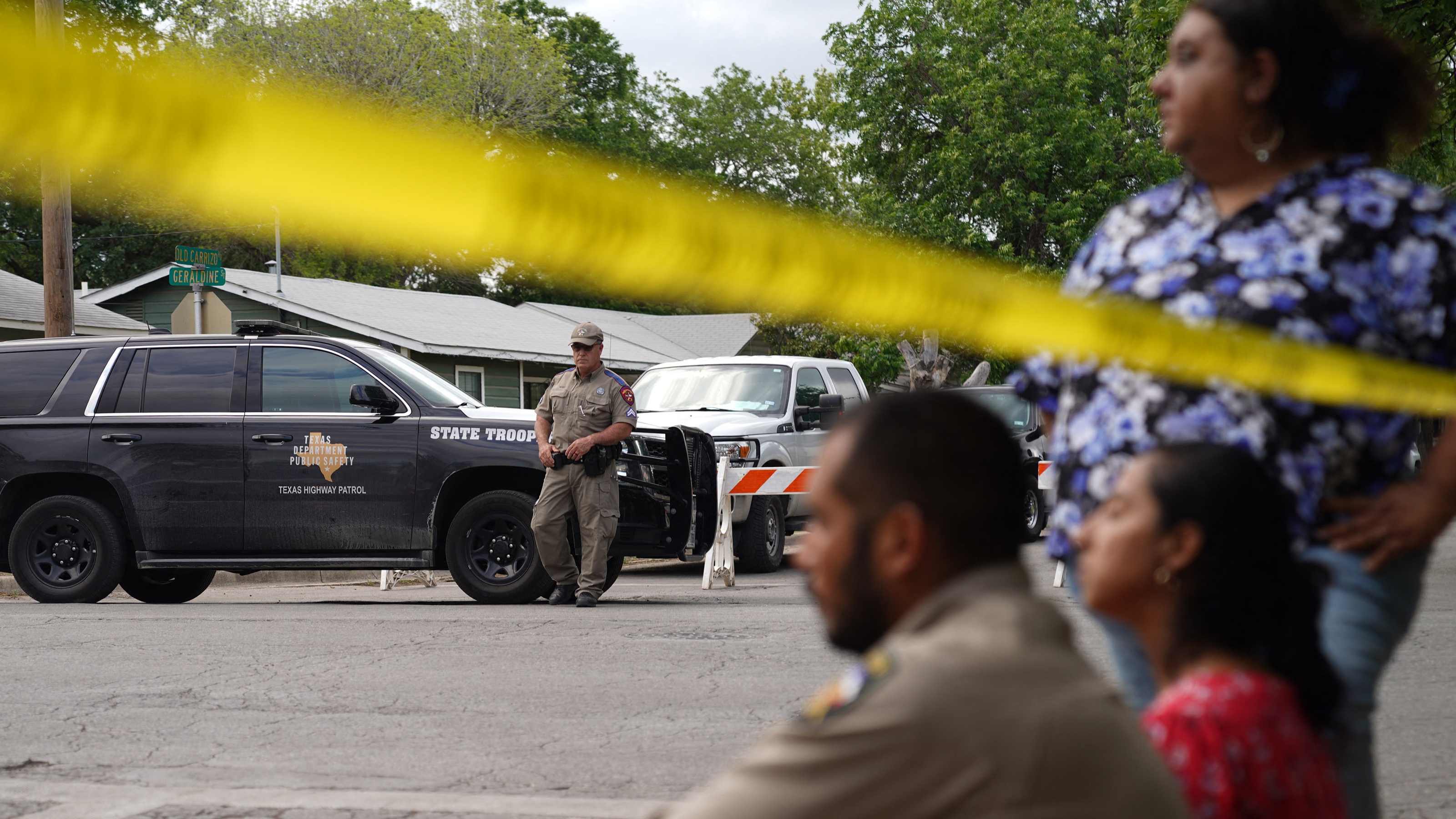 Texas school shooting: parents turn anger on police
Texas school shooting: parents turn anger on policeSpeed Read Officers had to be urged to enter building where gunman killed 21 people
-
 DJ Tim Westwood denies multiple sexual misconduct allegations
DJ Tim Westwood denies multiple sexual misconduct allegationsSpeed Read At least seven women accuse the radio and TV presenter of predatory behaviour dating back three decades
-
 What happened to Katie Kenyon?
What happened to Katie Kenyon?Speed Read Man charged as police search for missing 33-year-old last seen getting into van
-
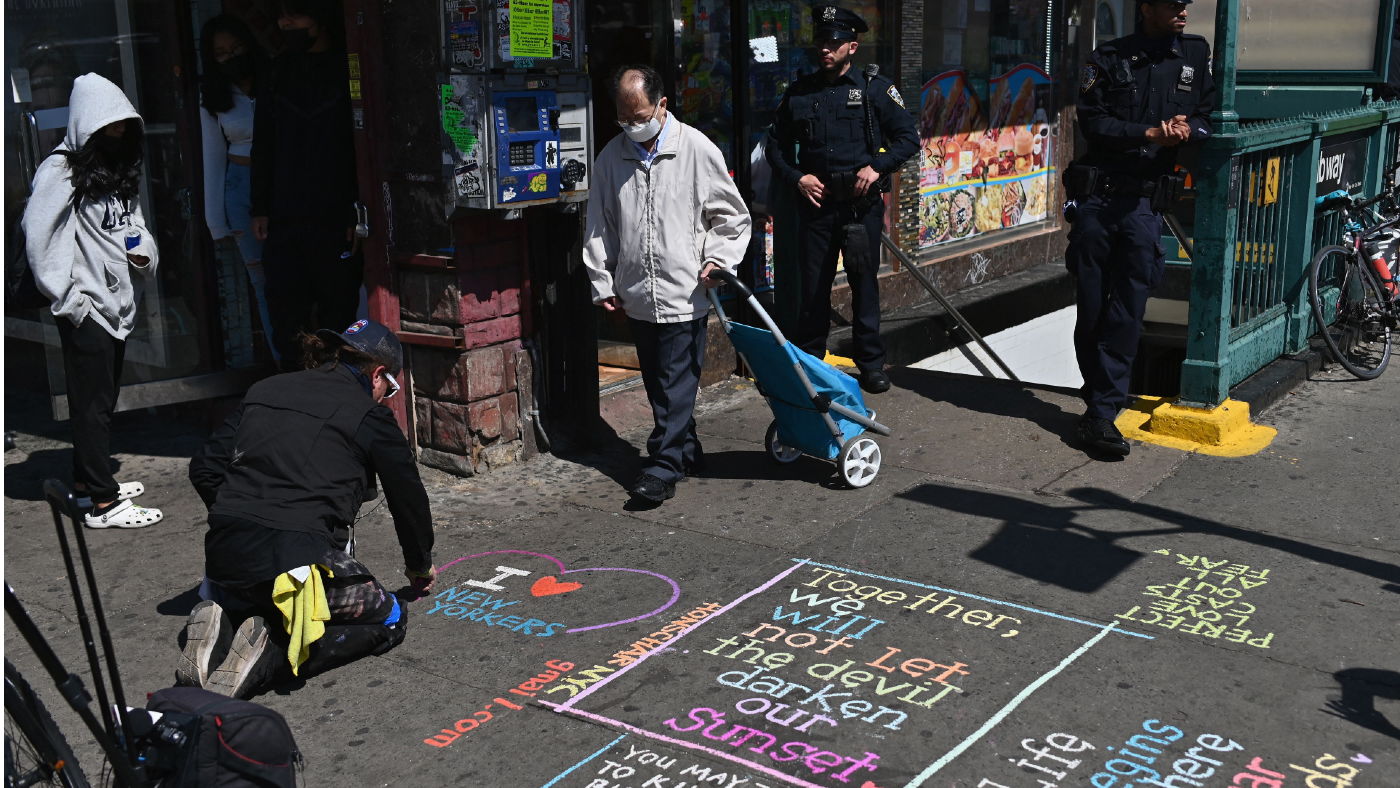 Brooklyn subway shooting: exploring New York’s ‘steep decline in law and order’
Brooklyn subway shooting: exploring New York’s ‘steep decline in law and order’Speed Read Last week, a gunman set off smoke bombs and opened fire on a rush-hour train in the city
-
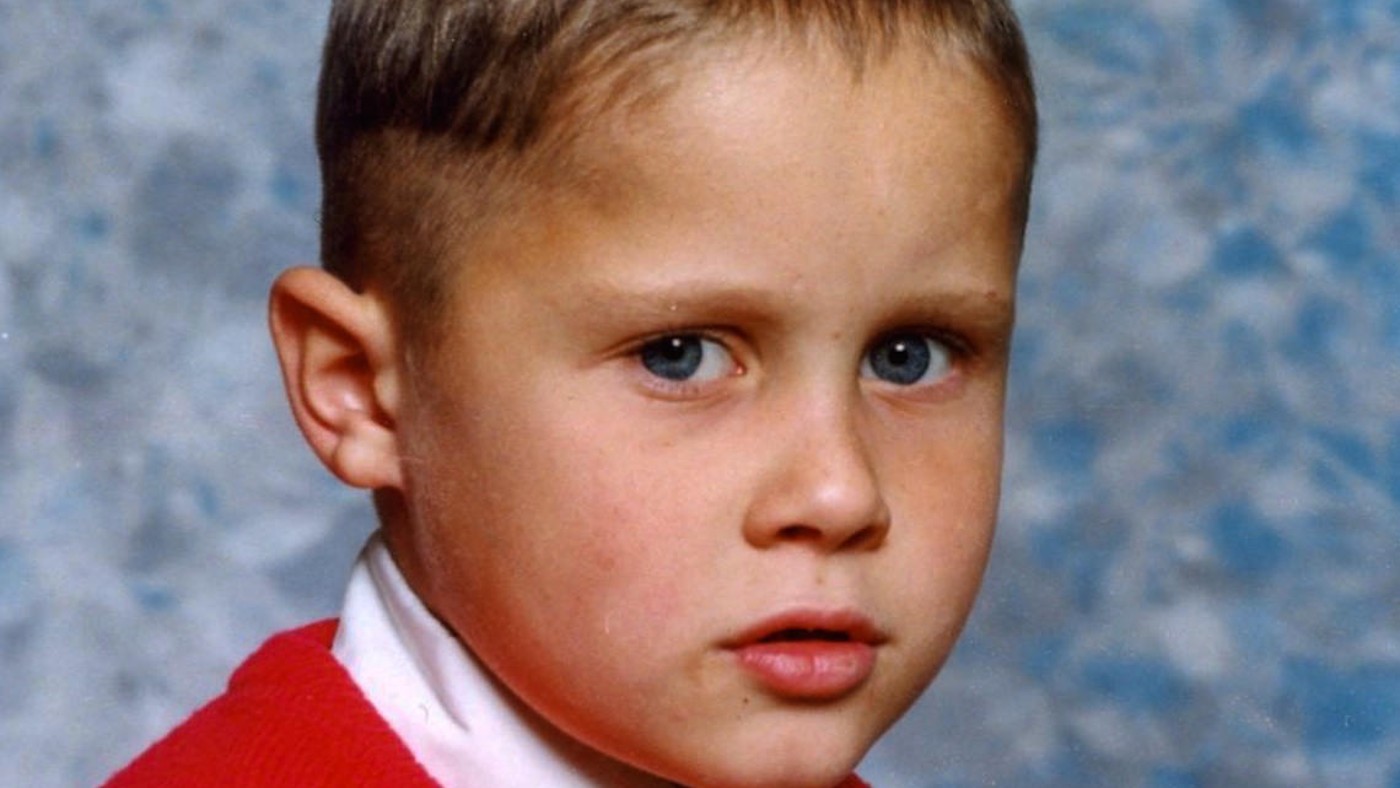 What happened to Rikki Neave?
What happened to Rikki Neave?In Depth Accused tells Old Bailey jury about meeting the six-year-old boy on day of his murder in 1994